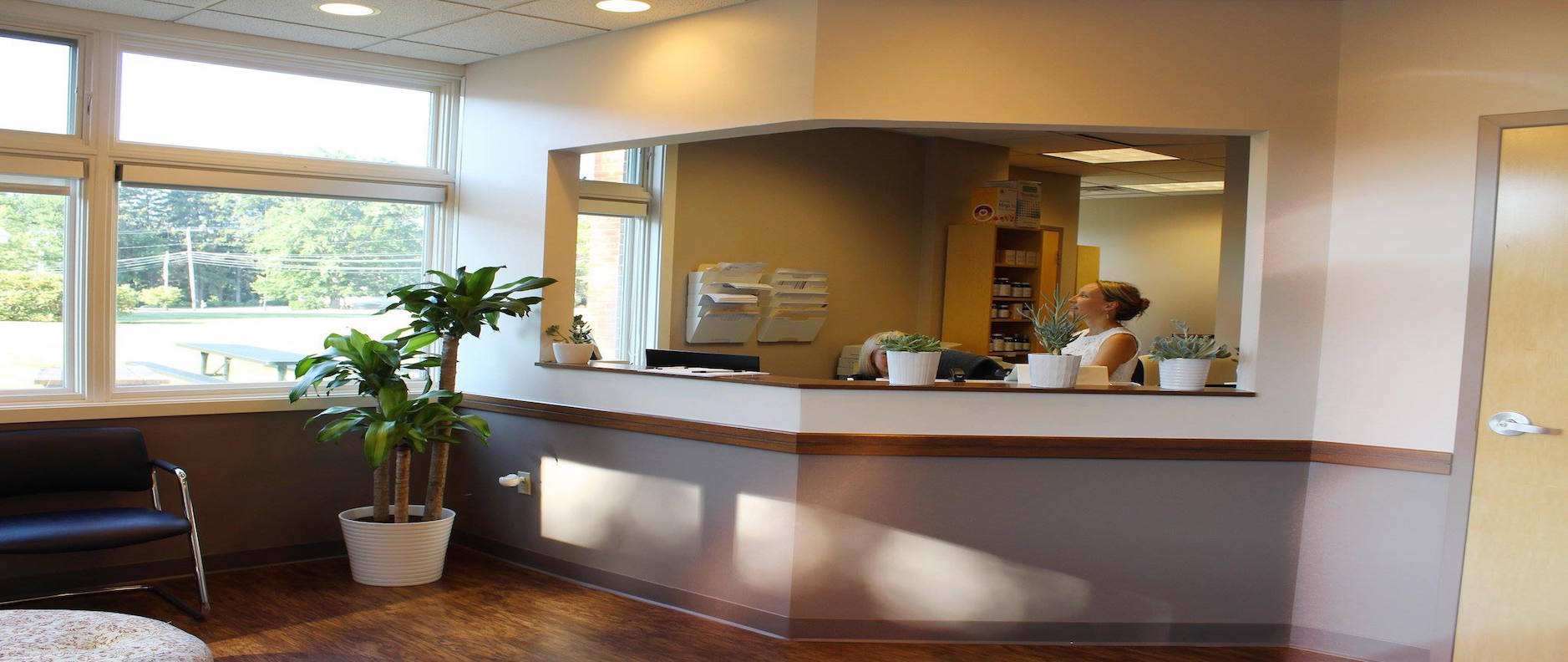In the era of evolving technology in business, it is certainly time that medical science endured a radical medical technology overhaul. Well, that appears to be happening right now. In President Obama’s 2015 State of the Union Address, he announced the Precision Medicine Initiative to highlight support of research and clinical application of the intersection between lifestyle, environment and genetics. We will continue to see a rapid expansion in the area of genetics and “epigenetics”, which is a term used to describe how our DNA is affected by our interactions with our environment. It may come as no surprise that this is also a hot area of pharmaceutical research in cancer therapies. We once thought that our DNA was our destiny, but it turns out that is only a minor piece of the puzzle. How we live, appears to make more of an impact on our lives than the genes we inherited from our parents. And through technological advances in genetics, we even can have our genomes tested and can target more specific lifestyle choices (like what we eat) that could better “match” our DNA.
What does this really mean? This means that for some people who have a genetic predisposition for adult onset diabetes, if they were to eat a Mediterranean style diet then that risk would dissipate. This dietary pattern has been shown to “turn off” specific genes associated with diabetes. Our DNA can get modified with tags that have the ability to affect how our genes are expressed, thereby influencing risk of developing various disease states. Genomic testing for wellness can also provide information about propensity for disordered eating patterns, matching diet, risks of certain vitamin deficiencies, exercise response and even whether you inherited obesity genes. Then, armed with this information, a specific lifestyle plan and strategy can be formulated that is specific for your individual needs. Unfortunately, most health insurers don’t pay for this type of “wellness” testing. Genomic test panels can run between $400-600 for about 75 gene variants which is not close to the ballpark of cancer gene testing which can run in the thousands of dollars.
Most people can cite serious diseases in their family history that they would rather not be diagnosed with, and often wonder “Will I turn out to have that too?” while thinking there is nothing they can do to affect that outcome. But what if you don’t want to spend money on genetic tests, are there some steps you can take that can affect how your genes are expressed? The simple answer is yes and they all center around your lifestyle, especially in three main categories:
1. Stress response. Although the typical business stressors of long hours, deadlines, difficult accounts and a never-ending task list may not go away, managing how you respond to those stressors is critical to protecting your DNA. One of the most effective strategies, employed by many top CEOs is meditation. Even 10-20 minutes a day can make a difference. High tech mediation allows us to now use a smart phone app to practice a daily guided meditation. Maintaining a positive mental attitude can also enhance health.
2. What you eat. Scientific studies abound with information about how various naturally occurring plant compounds can affect DNA expression. For example, a component found in green tea, called EGCG, has been shown to positively affect genes that suppress cancer cell growth. Including superfoods in your daily diet is an easy addition. Heavy hitters include dark chocolate, green tea, coffee, blueberries and other dark berries, salmon, garlic, broccoli, turmeric and red wine.
3. Activity level. Consistent exercise can also help enhance patterns of gene expression. Research has shown that even one workout can have immediate positive effects on your DNA. Regular activity can change patterns of high risk of disease to low risk. Make sure you schedule time to be active. Walking outside in nature can also lower your stress response (a bonus for all you multitaskers our there!)


Comments 2
Very very informative and helpful article. In this modern busy days people are not paying certain attention towards their wellness. And this article is perfect for them. Thanks for sharing such a effective piece of writing.
Author
Hi Jon, I am glad you found this article helpful!
JS